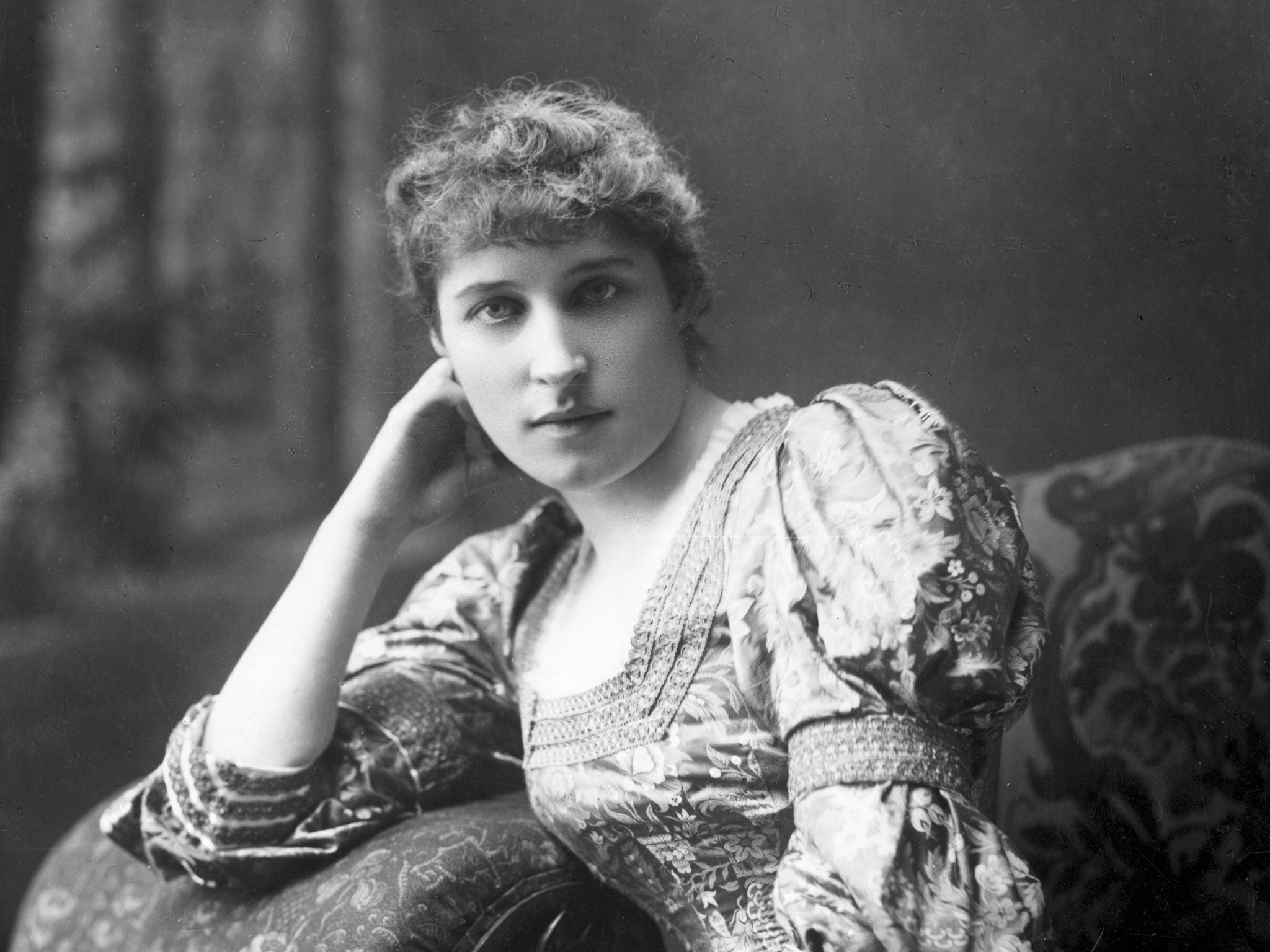Wilde's Women by Eleanor Fitzsimons, book review: A fascinating study
How free-thinking females influenced Oscar Wilde's life

In December 1864, a sensational trial opened in Dublin. Lady Wilde, wife of the physician Sir William Wilde and mother of 10-year-old Oscar, was accused of committing a libel against Mary Travers, 29, a patient of Sir William's who had been circulating stories about how the doctor had raped her. Jane Wilde had written to Mary's father in an attempt to dampen the scandal, insinuating in her letter that his daughter was a prostitute and extortionist. This letter was the subject of the libel action.
The Irish Times reported that the case "shook society in Dublin like a thunderclap". Jane, 42, was an international celebrity, famous for her poetry written under the name Speranza, and for her nationalist views. There was loud applause when she took the stand, and Isaac Butt, counsel for the prosecution, referred to her as "an Irish lady of genius and intellect". Although Mary Travers won the case, the humiliating one farthing damages awarded were seen by Jane as a moral victory and she made sure all of Dublin knew it.
As Eleanor Fitzsimons shows in her illuminating study of Oscar Wilde's life, Jane was just the first in a long line of unconventional women who shaped both his work and his identity. She paints a vivid picture of his Dublin childhood, with the irrepressible Jane instructing her precocious son in the art of attracting attention and pointing out to him the hypocrisies of the Victorian moral code (his eminent father had three illegitimate children before Oscar was born).
These early years had a profound effect on Oscar, who from the moment he arrived as a student in England in 1874 befriended women in his mother's mould. Fitzsimons presents a chronological narrative of his life, making often startling deviations to outline the stories of these remarkable people. Some of them are well known, like the model and actress Lillie Langtry who, as a mistress and mother of an illegitimate child, lived the kind of double life Oscar himself would eventually adopt. Others are less celebrated, like the writers Oida and Rhoda Broughton, both of whom wrote sensational novels with racy, independent heroines.
As Fitzsimons points out, lesbians were not subject to the draconian laws for homosexual offences that eventually brought Wilde down, and Oscar enjoyed friendships with the cross-dressing novelist Violet Paget, and with his American agent Elizabeth Marbury, who lived openly with her girlfriend, Elsie de Wolfe.Fitzsimons devotes much attention to the role of Wilde's wife, Constance, and attempts to portray their marriage as a love match. But given what we know of his promiscuous homosexual nature it's hard to believe that Oscar's passions extended fully to their sexual relations, even allowing for their two children.
Constance made brave stabs at bohemianism, especially in matters of dress (she wore a "divided skirt"), but she clearly drew the line at a public show of support for her husband after he was condemned to imprisonment for gross indecency in 1895. Instead she sought anonymity abroad and died there in 1898, aged 39.
Not all women who met Oscar liked him. Eleanor Marx, daughter of Karl, described him as "that very limp and very nasty young man." And some of his prominent female friends, including Margot Asquith, dropped him after his downfall. His formidable mother stood by him, demanding while he was on bail that he should stay and face his prosecution rather than flee to France. He did his best to live up to her own defiant appearance at her trial more than 30 years before, but for him the consequences were disastrous.
Jane Wilde, like several other names in this book, is the subject of a biography in her own right. But by bringing them together, Fitzsimons does a fascinating job of reminding us that it wasn't just the men in Wilde's life that raised him up and brought him down, but that this troupe of exceptional women played their part too.
Duckworth, £20. Order at £18 inc. p&p from the Independent Bookshop
Join our commenting forum
Join thought-provoking conversations, follow other Independent readers and see their replies
Comments
Bookmark popover
Removed from bookmarks